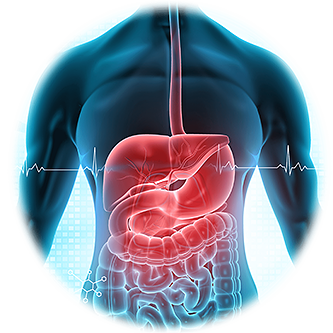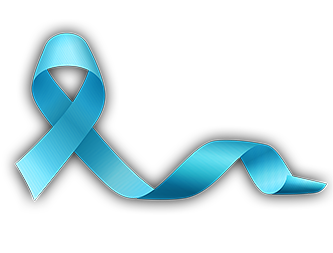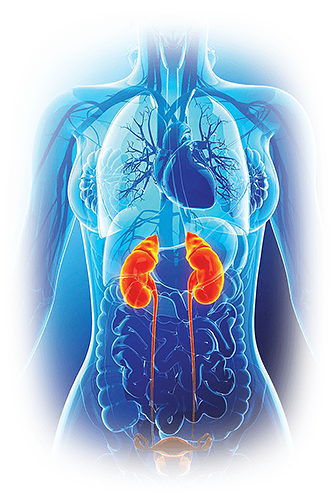Login
For Clinician Providers
For Clinician Providers
For Patients
Understanding High Cholesterol Levels
By Jasmine A. Stone
High cholesterol levels are increasingly common in both men and women, with people of all ages being diagnosed with the problem. Understanding why cholesterol can have a negative affect on health and learning which lifestyle changes can make a big difference is the key to reducing high cholesterol levels.
What is Cholesterol?
Cholesterol is a lipid made by the human liver, although it can also be found in some foods (known as dietary cholesterol). High levels of lipids in the body can have a negative affect on health and lead to serious disease. There are two types of cholesterol, often known as good cholesterol (HDL) and bad cholesterol (LDL).
HDL cholesterol, also known as high-density lipoprotein, removes cholesterol from the body and carries it to the liver, where it can be broken down and eliminated. High levels of HDL cholesterol can help to reduce the levels of bad cholesterol (LDL). LDL cholesterol, also known as low-density lipoprotein, carries cholesterol from the liver to various cells around the body. In normal amounts, this cholesterol is essential for maintaining health. However, excessive amounts of LDL cholesterol can build up in the artery walls, causing arterial disease.
What Causes High Cholesterol Levels?
High cholesterol levels can be the result of poor lifestyle habits, such as eating fatty foods, smoking and excessive alcohol intake. Eating an unhealthy diet high in saturated fat is one of the leading causes of high cholesterol. Overweight or obese people are at an increased risk of developing elevated cholesterol levels, while other risk factors include smoking, regularly exceeding the recommended alcohol intake and lack of exercise.
Some health conditions, such as diabetes, high blood pressure (hypertension), kidney disease, liver disease and thyroid disease can also increase the risk of high cholesterol. Occasionally, high cholesterol levels can be the result of a hereditary health problem, known as familial hypercholesterolaemia.
What are the Risks of High Cholesterol Levels?
High cholesterol levels do not cause any symptoms, but they can increase the risk of developing serious health conditions. When cholesterol builds up on the arterial walls, the flow of blood to the heart, brain and body is restricted, increasing the risk of having a heart attack or stroke. High cholesterol levels also increase the risk of coronary heart disease, blood clots and atherosclerosis.
Reducing Cholesterol Levels
Eating a balanced diet and making a few lifestyle changes can make a big difference to those diagnosed with high cholesterol. Eating healthy foods, particularly fruit, vegetables and whole grains, and reducing the amount of saturated fat in the diet is one of the most effective ways to reduce cholesterol levels. Fatty meat, processed foods, butter, cheese, cream, full-fat milk, pies, pastries, biscuits, cakes and fried foods are all laden with saturated fat and should be avoided as much as possible.
Regular exercise is also excellent for helping to reduce cholesterol, particularly if the amount of exercise is gradually increased over a period of time. Losing weight, quitting smoking and reducing alcohol intake can also make a big difference.
If lifestyle and dietary changes do not reduce cholesterol levels, a doctor may suggest medication. Statins are the most common medication for high cholesterol levels, with low-dose aspirin often prescribed to help reduce the chance of developing a blood clot.



